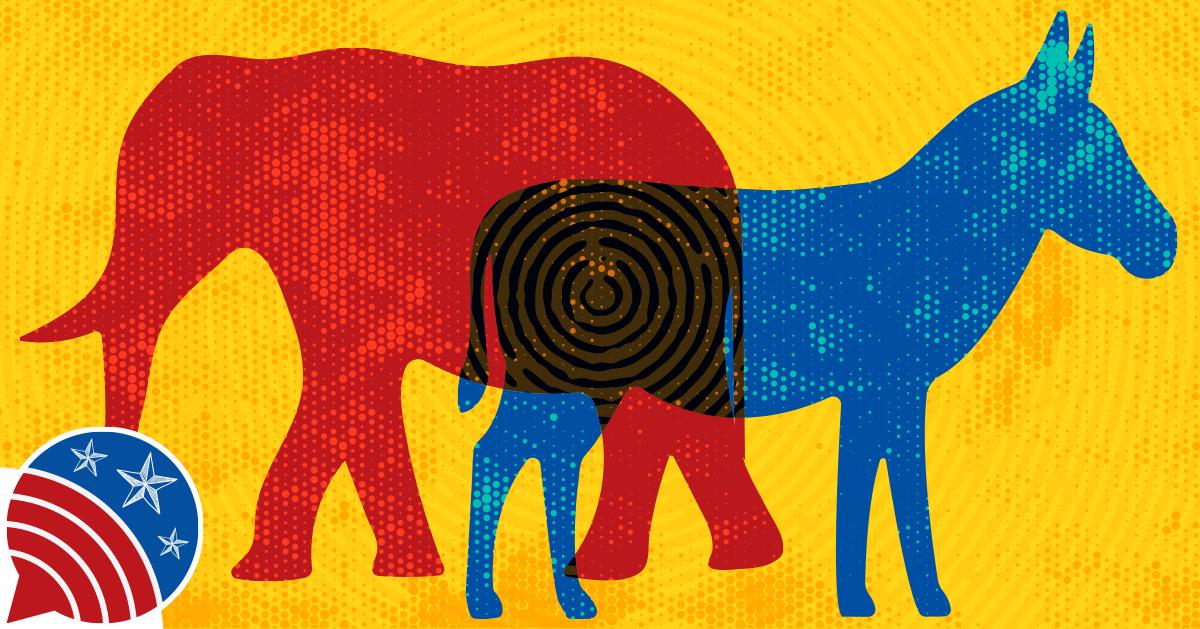
The Evolution of Political Parties
Overview
60-Second Civics Podcast:
- Functions of Political Parties
- Origins of Political Parties
- Political Parties in Jacksonian Democracy
- Political Parties in the Civil War Era
- Political Parties in the 1960s
Beyond the Legacy Video:
Scholar:
Dr. Lester Brooks
American History Professor Emeritus
Anne Arundel Community College
Additional Resources:






